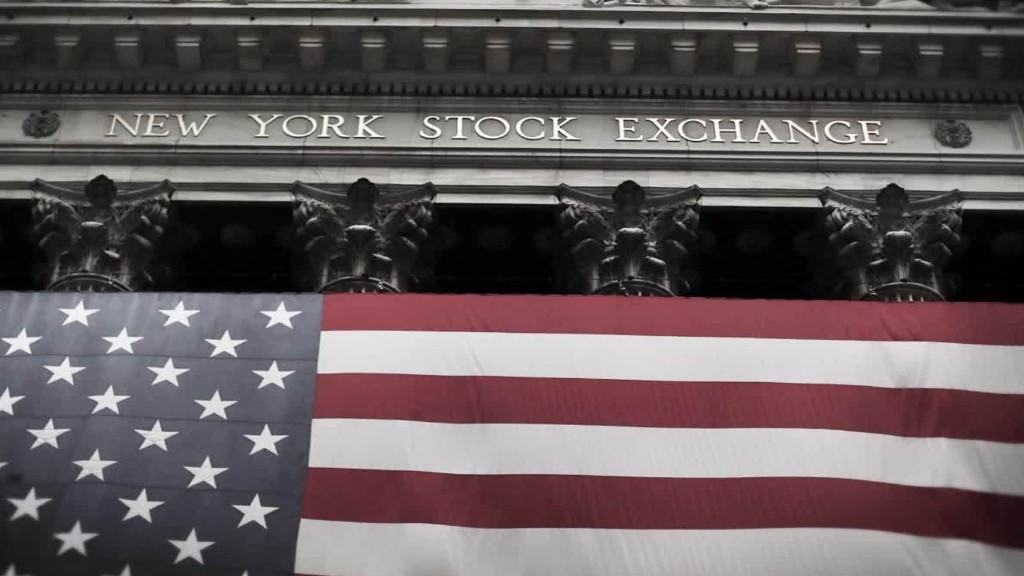
Wall Street is in the throes of a wild guessing game. The question on everyone's minds: September or December?
That's because the U.S. Federal Reserve has said that its historic rate hike will come this year. And Wall Street has pinned its hopes on exactly those two months.
Few believe it could be October. That's not because Fed chief Janet Yellen is afraid of Halloween.
It's entirely because unlike its September and December meetings, the Fed doesn't hold a press conference following its October meeting. Investors know that these televised events -- which occur just four times a year -- are the perfect time for Yellen to carefully explain to the world the rationale behind key decisions that could rattle financial markets.
October should be on the table
A fed rate hike in September was almost a locked deal. That is, until the wild global stock market gyrations of recent weeks raised questions over whether a Fed move might further roil the markets.
It's also precisely the reason why October should be on the table. Because if September is as volatile as August, who's to say December won't be that way.
The Fed may be unnecessarily handcuffing itself at a time of rapid change in the global economy (see: China).
The European Central Bank has press conferences after each meeting and there's no reason why the Fed shouldn't do that same.
We talked to a diverse group of experts on whether it makes sense for the Fed to reconsider its options.
Related: 7 events that can rock America in September
Former deputy White House press secretary calls for a change
Tony Fratto fears the Fed is "boxed in" with its current press conference timetable.
The former deputy White House press secretary acknowledges -- as Yellen herself has warned -- that every meeting is "live," meaning the Fed can technically raise rates whether reporters are scheduled to be there or not.
But that's not how Wall Street sees it. And that matters. By deciding to hike rates at a meeting without a scheduled press conference, the Fed would risk catching investors off guard or failing to properly communicate policy.
"I wish they would just change the custom and just have a press conference after every meeting so they don't have to deal with this," said Fratto.
Related: IMF: It's too soon to raise interest rates
Wall Street economist: Janet Yellen is a very busy person
Drew Matus, an economist at UBS, argues that regular press conferences might not make much sense. That's because Yellen must invest lots of time and effort to prepare for tough questions from reporters. After all, a slip of the tongue can rile markets -- as happened during her debut Q&A in 2014.
"You're taking a lot of time away from a very busy person," Matus said.
Related: NY Fed: September hike 'less compelling' now
Bernanke collaborator: More frequent press conferences
Mark Gertler, an economist at New York University, who has collaborated on academic papers several times with former Fed chief Ben Bernanke, believes the rate hike cycle will require additional PR efforts by the Fed.
After all, it's not just about the first rate increase. Yellen will have to carefully calibrate market expectations for future rate moves as well.
That's why Gertler said he wouldn't be surprised if the Fed ultimately adopts the ECB model of more frequent press conferences.
"You don't want to tie yourself to when you have press conferences," Gertler said.
Related: The world is still hooked on cheap money
Ex-Fed official: What October meeting?
Ted Peters, a former Fed director who now heads a hedge fund, is very confident the central bank will hike rates in September or December.
The CEO of the Bluestone Financial Institutions Fund is so laser focused on those two months that he told CNNMoney he didn't even realize the Fed has an October meeting scheduled.
"Janet Yellen and the FOMC will not do anything that will spook people," Peters said.


